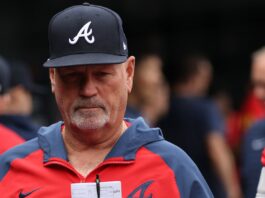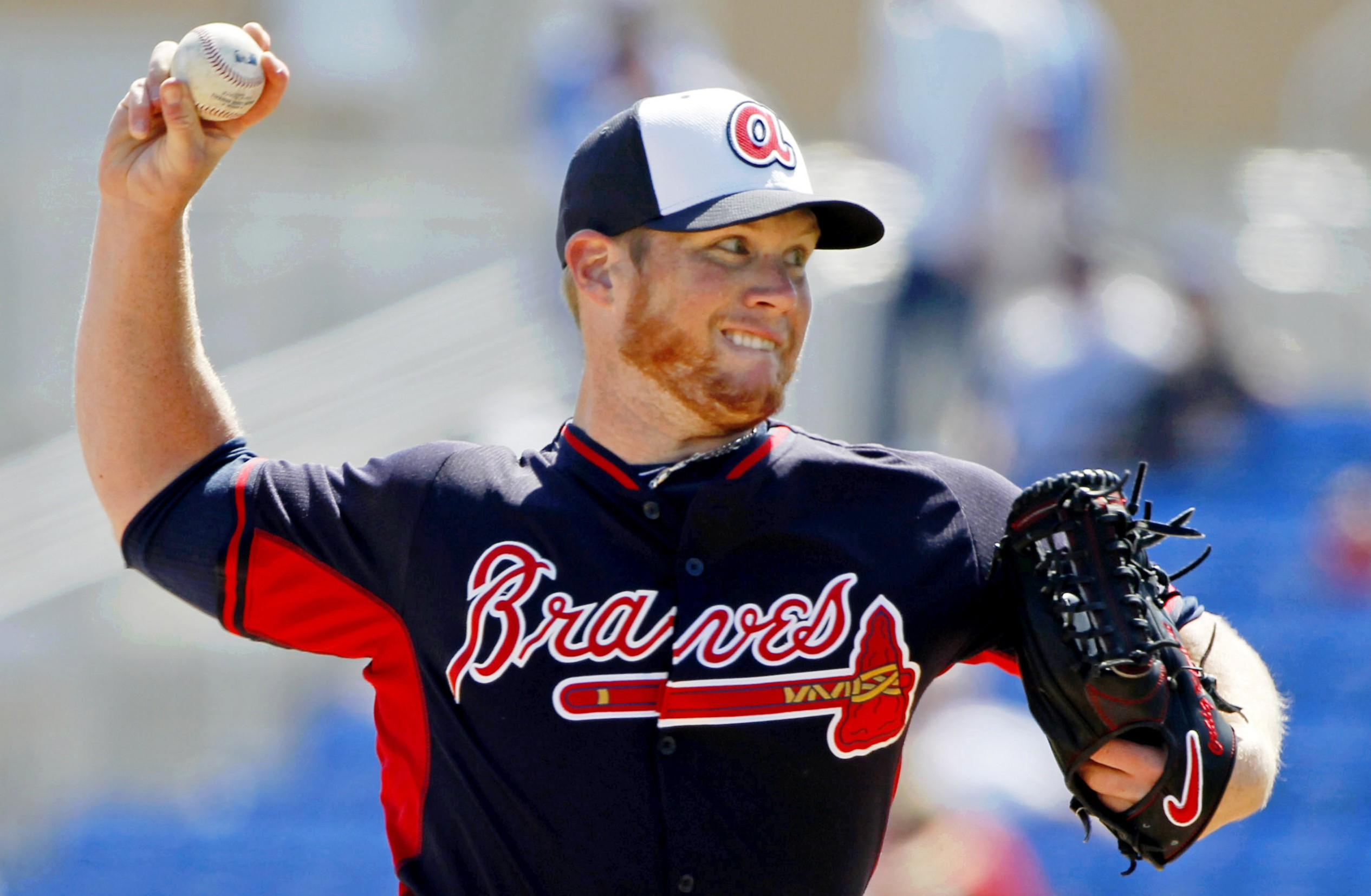
Craig Kimbrel is still waiting in the wings—and the clock is ticking perpetually, as it turns out. The veteran closer, a former cornerstone of Atlanta’s bullpen and one of the most dominant relievers in modern baseball history signed a minor league deal with the Braves back in March.
Since then, he’s quietly been lights out in the minors, raising eyebrows with each appearance. Yet despite his résumé and performance, he remains on the outside looking in.
The “Rolling Opt-Out” Mystery

This isn’t your everyday minor-league contract. Kimbrel has what Ken Rosenthal aptly called a “rolling opt-out” clause, but let’s unpack what that means.
This isn’t a one-time get-out-of-minors-free card tied to a date. No, Kimbrel’s deal functions like a constantly humming engine. If another team offers him a major league roster spot at any time, the Braves are on the clock—48 hours to promote him or cut him loose.
It’s a setup designed for veterans who don’t want to get stuck in minor-league limbo. And for a guy with 440 career saves (fifth-most all-time), you can see why Kimbrel wanted that safety net. The man isn’t some journeyman hoping to catch lightning in a bottle—he’s a surefire Hall of Fame candidate trying to prove he’s still got something left in the tank.
The Performance: Vintage Kimbrel (So Far)
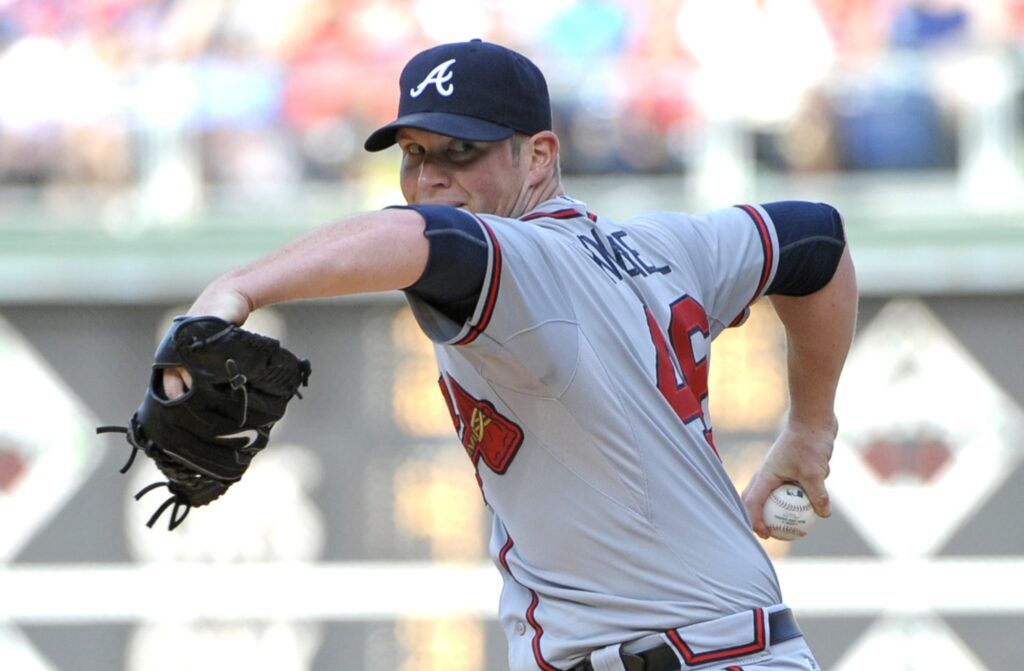
And you know what? The early results say he does. Across 17 innings this season, Kimbrel has compiled a 1.06 ERA—mostly in Triple-A—with a strikeout rate north of 32%. He’s generating grounders, limiting contact, and showing flashes of the dominant closer Braves fans once knew and loved.
His walk rate (12.5%) is a touch high, but that’s always been a part of the Kimbrel package. His 2.43 FIP indicates that the numbers are still strong, even with some expected regression.
So why hasn’t he been called up?
The Complications
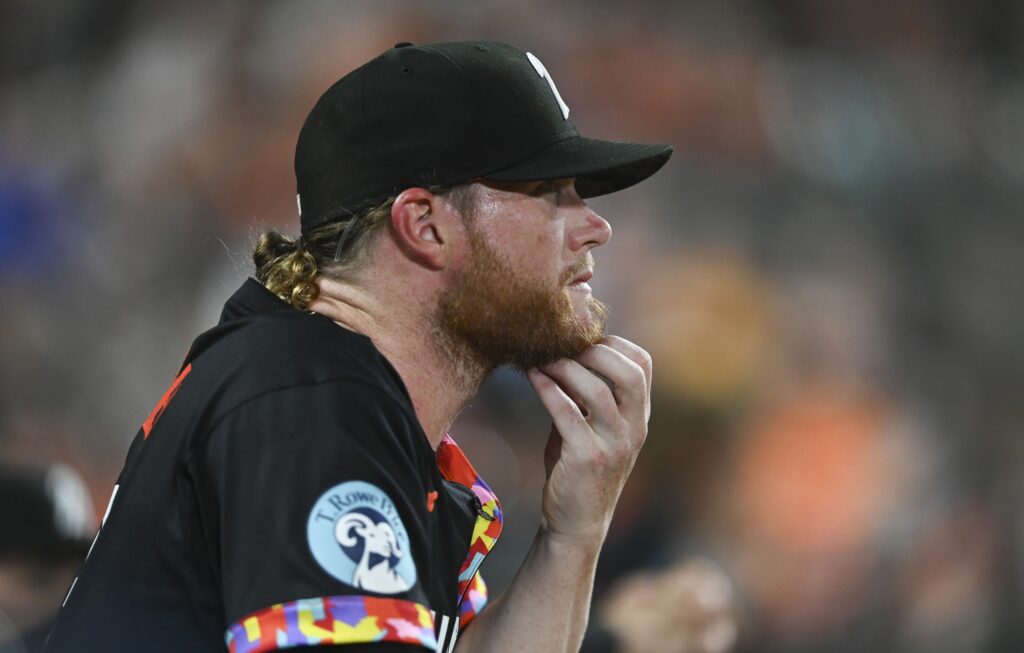
First off, his $2 million salary—prorated now to about $1.3 million—might sound minor, but teams have gotten increasingly cautious with midseason payroll commitments. In a world where effective relievers like Joel Payamps are passing through waivers untouched, the optics of money versus value are shifting.
Then there’s the 2024 problem. Kimbrel struggled last year in Baltimore, posting a 5.33 ERA before getting released. Some execs are clearly weighing that major league meltdown heavier than his 2025 rebound in the minors. Fair or not, recent MLB struggles tend to stick longer in the memory than minor league comebacks.
Why the Braves Should Consider the Call-Up
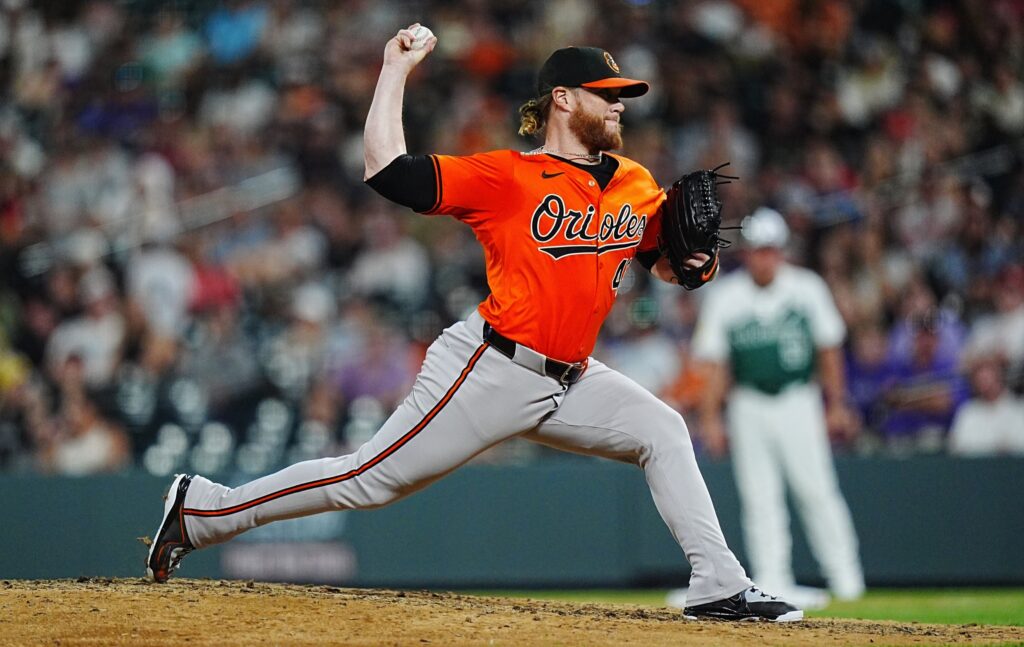
Let’s not sugarcoat it—Atlanta’s bullpen could use an extra high-leverage arm, especially with the injury pileup this season. And if not now, when? The team risks losing Kimbrel altogether if another club decides to take the plunge. Given the way reliever injuries tend to pile up by June and July, that moment may not be far off.
If the Braves truly believe in his progress, why wait for someone else to make the decision for them?
Time For Braves to Make a Decision
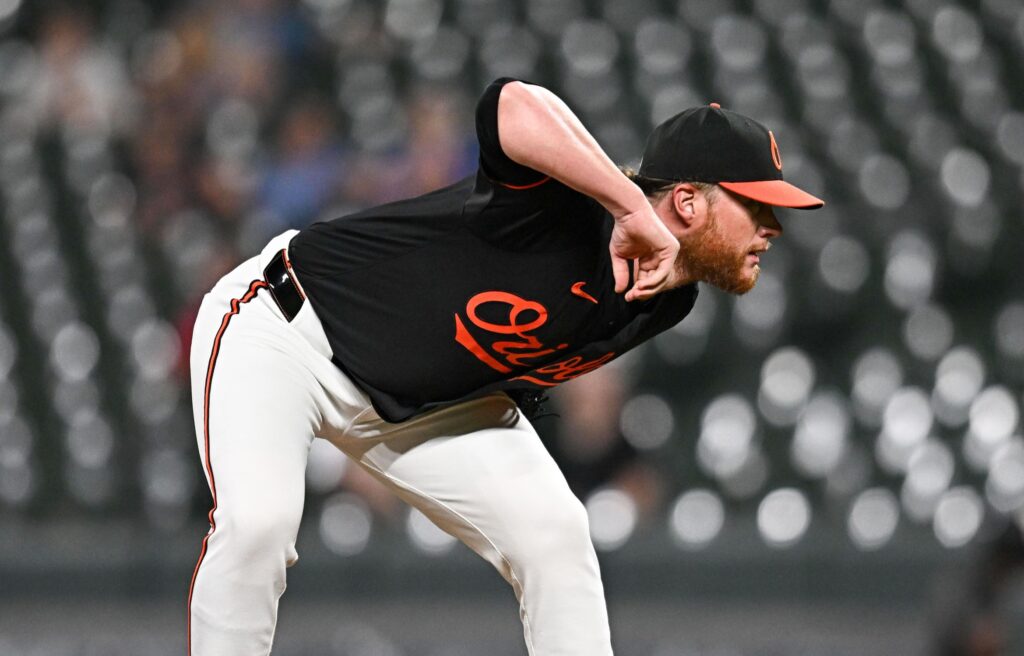
Craig Kimbrel isn’t just some veteran hanging on by a thread. He’s a potential game-changer with postseason experience, a lethal fastball-curveball combo, and a contract structure that demands an answer soon. Whether it’s Atlanta or another contender, someone’s going to make that call.
And when they do, the Braves have just two days to show their hand.
